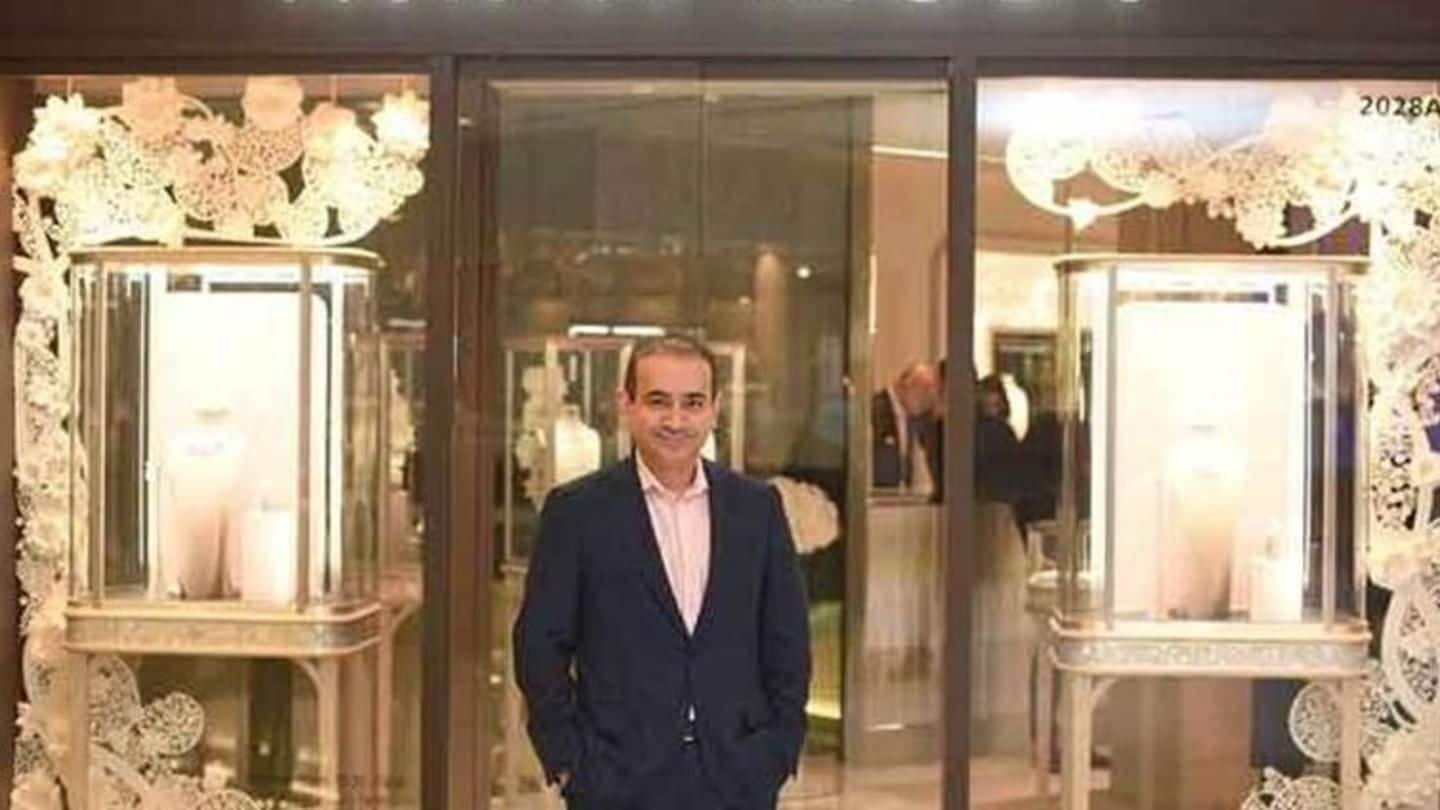
Govt. can confiscate absconding economic offenders' assets without conviction
What's the story
In a bid to put pressure on economic fugitives and confiscate their properties, the Union Cabinet today approved a proposal to promulgate the Fugitive Economic Offenders Ordinance 2018. The ordinance is aimed at confiscating the properties of economic fugitives like Nirav Modi who flee the country to avoid prosecution. Notably, the ordinance provides for confiscation of assets without conviction. Here's more.
Applicability
Who all come under the purview of the ordinance?
The ordinance, that comes after multiple instances of economic offenders fleeing the clutches of law, allows for confiscation of assets without conviction. The provisions will apply to absconding economic offenders who refuse to return, persons against whom an arrest warrant has been issued for a scheduled offense, and wilful bank loan defaulters with outstanding debt of over Rs. 100 crore.
Definition
Who is a fugitive economic offender?
The ordinance defines a fugitive economic offender as a person against whom an arrest warrant has been issued for committing offense like counterfeiting government stamps or currency, cheque dishonor for insufficiency of funds, money laundering, and transactions defrauding creditors.
Procedure
The procedure of being declared an economic offender
Under the ordinance, a deputy director, appointed under the Prevention of Money Laundering Act, 2002, may file an application before a special court set up under PMLA 2002, to declare a person an economic offender. The application will contain the reasons behind the declaration, and other relevant information like whereabouts, illegally-acquired properties, etc. Upon being notified, a person has to report within six weeks.
Confiscation
Details of the confiscation procedure
If a notified person fails to appear at the designated venue at by the assigned time, the special court will initiate termination proceedings for said person's assets under provisions of the ordinance. Any property belonging to the fugitive party maybe attached by the involved parties without prior permission from the special court, provided an application is filed with the court within 30 days.